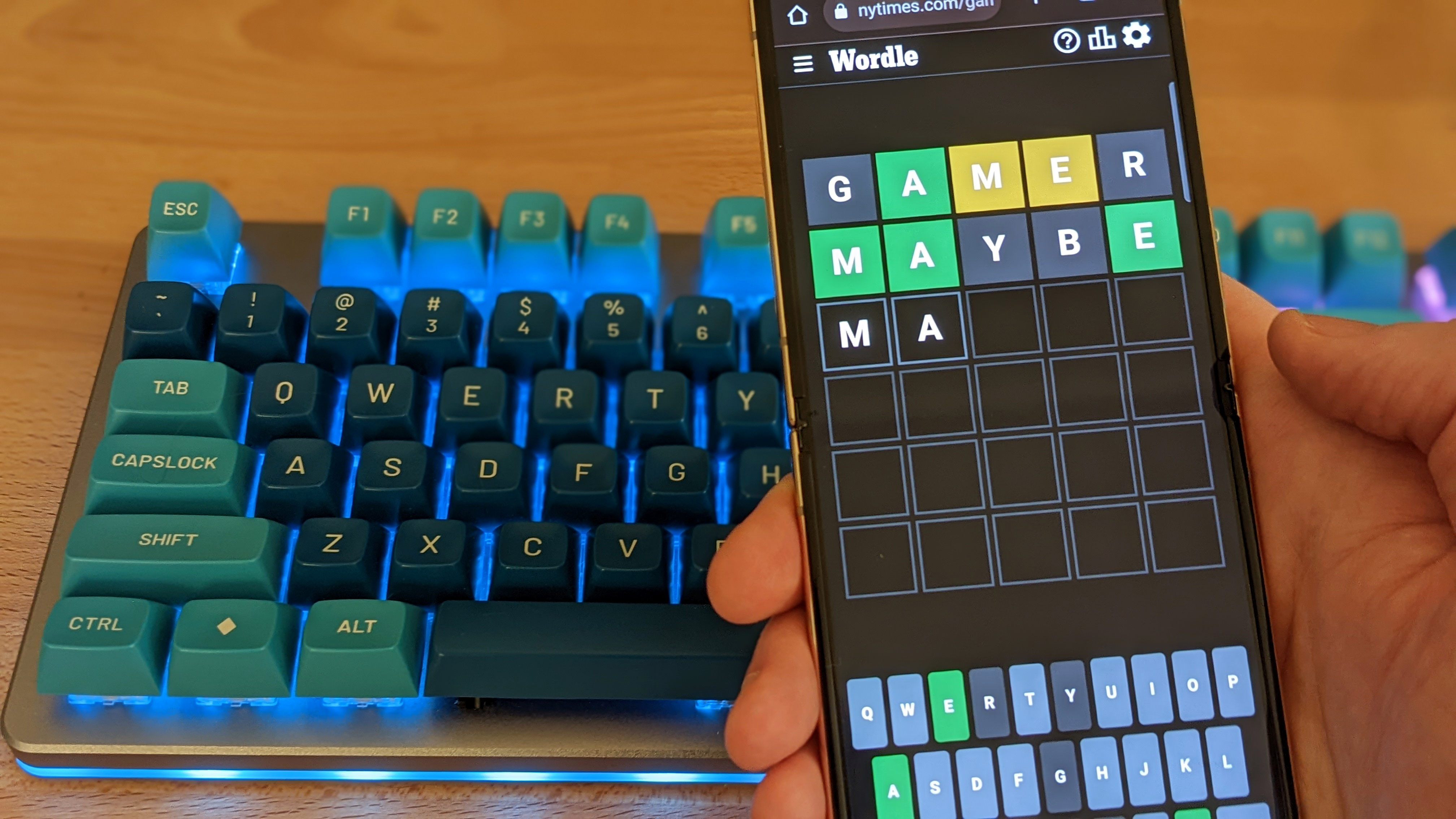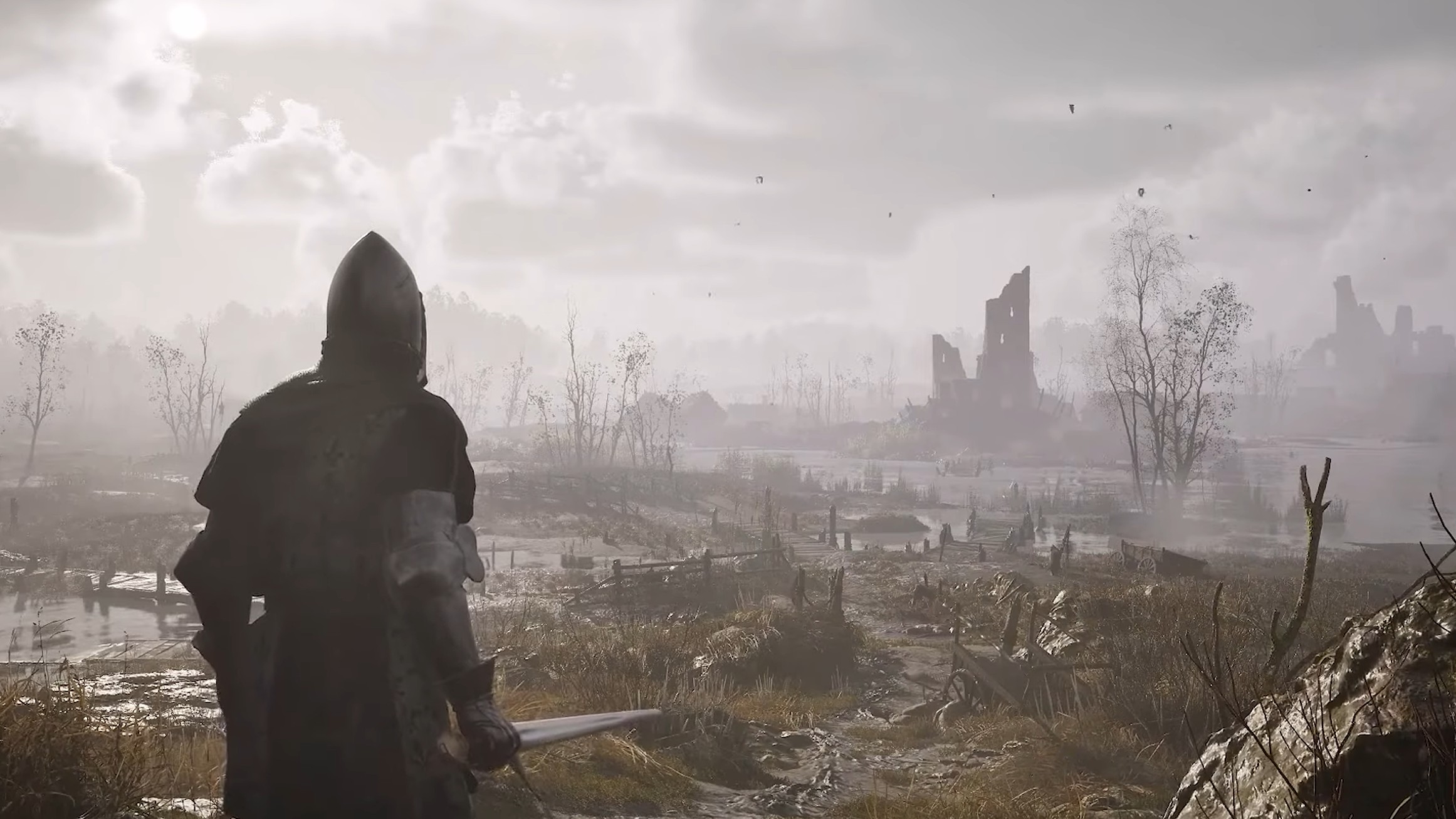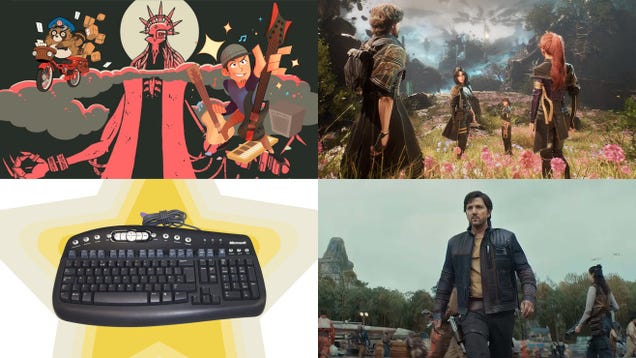
Look into My Eyes Review
A good paranormal documentary is honest about the nature of the phenomenon it’s covering, which is that it’s personal, intuitive, and inherently unprovable. Less skilled filmmakers working in this genre might chase concrete proof, and end up with a frustratingly inconclusive movie as a result. It’s more important to ask the right questions, as Lana Wilson does in Look into My Eyes.
Wilson’s documentary looks at a diverse group of seven psychics, all based in New York City and each with their own area of expertise and level of seriousness about their work. One specializes in healing ancestral trauma; another performs impromptu psychic readings at parties. Phoebe, the most colorful of the group, is a pet psychic, which seems like a challenge Wilson set for herself: How will she get us to take the concept of connecting people with their dead animal companions seriously? Miraculously, she succeeds, simply by casting a nonjudgmental eye on her subjects at work.
Look into My Eyes opens with Wilson’s impassive observation of a real psychic reading, in which an emergency room doctor opens up about a patient – a young girl who died of gunshot wounds – who’s still on her mind a decade later. The camera lingers on the doctor’s face as she describes lying awake at night, wondering where the girl is and if she is at peace. It’s a stunningly intimate and very sad scene, as are all of the sessions documented here. (Yes, even the pet ones: “She loves me, right?” one client heartbreakingly asks about her dog.)
In fact, many of these sequences feel like mutually beneficial therapy sessions. Early on, one of Wilson’s subjects – himself an Asian adoptee who struggles with his identity – assures a client that her birth mother in China did want her, and does love her. She just couldn’t keep her, for reasons that have nothing to do with her worthiness as a person. It sounds like a message intended for both its messenger and its recipient, and their shared trauma hovers over them like a ghost.
As cliche as buzzwords like “trauma” and “healing” have become, they really are what Look into My Eyes is all about – for the psychics as much as their clients. Wilson dances around the question of sincerity: Do her subjects honestly think they’re communicating with the dead, or spirits, or whatever you want to call them? (“I never fully 100% believe in what I say,” one says in the film’s most direct statement on the topic.)
Presumably, pushing this point too hard would cause Wilson’s subjects to lose trust in her, and Look into My Eyes would suffer as a result. But one of the relevant questions raised by this documentary is: Does it matter? As long as it helps people, who cares if visiting a psychic is just counseling with some supernatural woo-woo laid on top?
Look into My Eyes touches on some truly profound points about the nature of belief.
Wilson teases out this point subtly and naturalistically, blending Errol Morris-style interviews in which the psychics open up about their personal histories, paths, and doubts with fly-on-the-wall documentation of each of them at work. She’s not completely in thrall to them: One prominent thread that emerges is that all seven of Wilson’s psychics have some sort of background in theater, or at least an interest in acting. But, again who cares – especially when they’re so darned entertaining? (In that regard, Look into My Eyes doubles as a great documentary about New York eccentrics.)
Beyond that, however, Look into My Eyes touches on some truly profound points about the nature of belief, and the things that we tell ourselves in order to keep living. It’s expected that a person would come to a psychic with a sad story – they do specialize in talking to the dearly departed, after all. What’s less expected are the psychics themselves, who are just as troubled and full of hope as their clients. That’s all definitely real, and that’s what matters.








